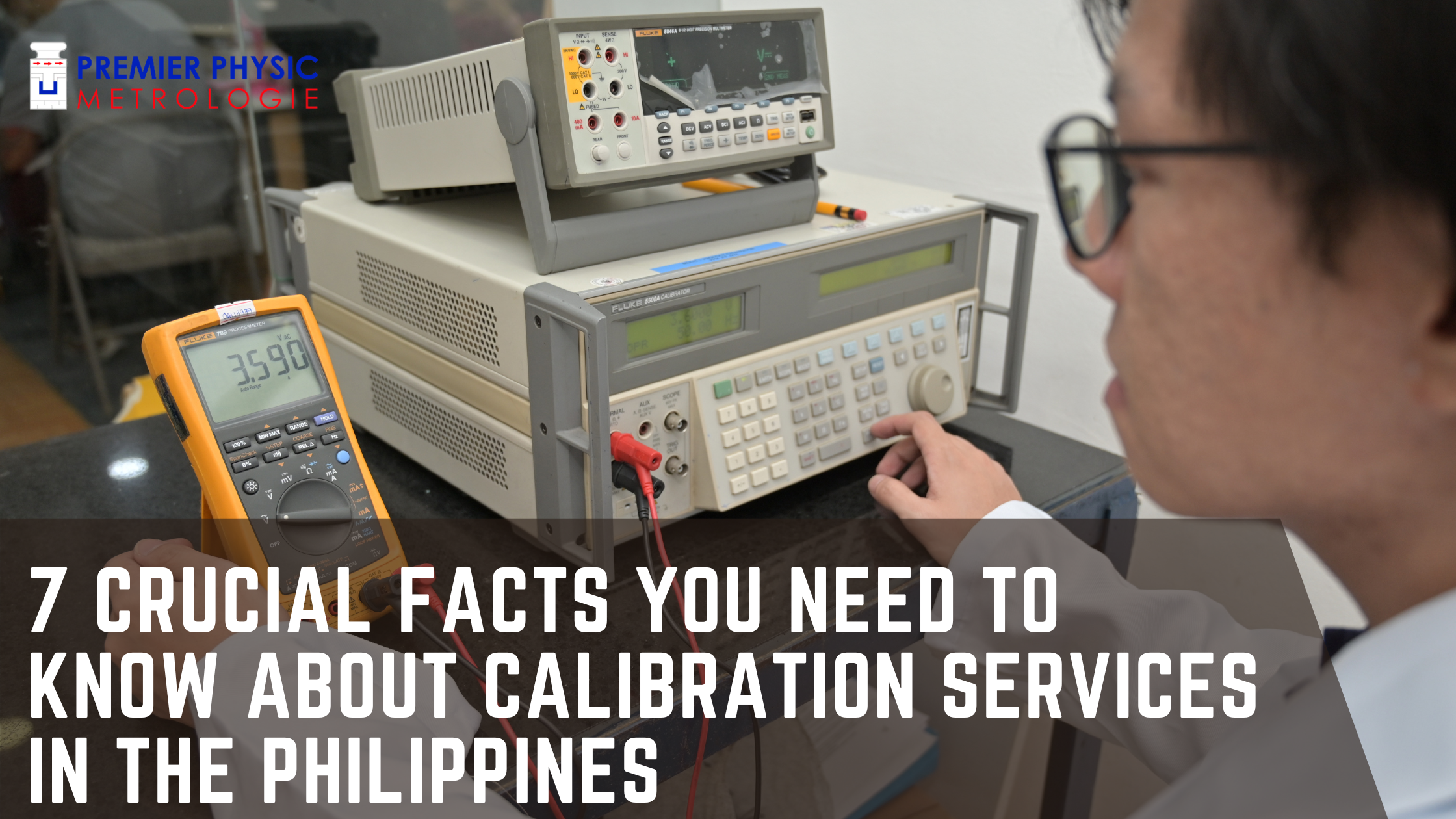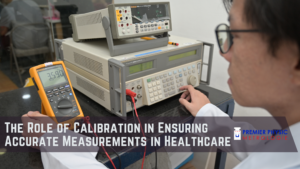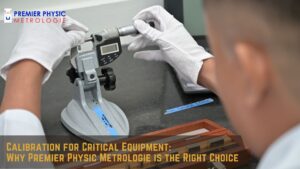Calibration services play a vital role in ensuring the accuracy and reliability of measurement equipment across various industries. In the Philippines, as technology advances and precision becomes paramount, understanding the ins and outs of calibration services is essential. Here are seven crucial facts you need to know about calibration services in the Philippines:
1. Ensuring Accurate Measurements: Calibration services in the Philippines are all about precision. From manufacturing plants to research laboratories, accurate measurements are vital for quality control and decision-making. Calibration helps maintain the integrity of measurement tools, ensuring they deliver reliable results.
2. Regulatory Compliance: Accredited calibration services in the Philippines adhere to international standards and guidelines. ISO 17025 certification ensures that calibration labs meet strict quality requirements, giving you confidence in the accuracy of your equipment.
3. Diverse Industry Applications: Calibration services cater to a wide range of industries. Whether it’s manufacturing, pharmaceuticals, healthcare, or energy, calibration ensures that instruments like pressure gauges, thermometers, and electronic scales are performing optimally.
4. Traceability Matters: Traceability is a cornerstone of calibration. Accredited calibration labs in the Philippines follow traceable standards to internationally recognized bodies, maintaining a clear chain of measurements that vouch for the accuracy of your instruments.
5. Equipment Longevity: Calibration services extend the lifespan of your equipment. Regular calibration prevents wear and tear, reducing the risk of inaccuracies. This translates to cost savings and avoids potential production bottlenecks.
6. On-Site and In-Lab Calibration: Calibration services in the Philippines offer flexibility. You can choose between on-site calibration, where experts come to your location, and in-lab calibration, where instruments are sent to accredited facilities for meticulous testing.
7. Data-Driven Decision Making: Calibration isn’t just about ensuring measurement accuracy; it’s also about informed decision-making. Accurate measurements empower businesses to make precise adjustments, optimize processes, and maintain high-quality output.
In conclusion, calibration services in the Philippines are a critical aspect of maintaining accurate measurements across diverse industries. From regulatory compliance to equipment longevity, the impact of calibration is far-reaching. By embracing these seven essential facts, you’re well-equipped to make informed decisions about calibration services that contribute to the success of your business.




